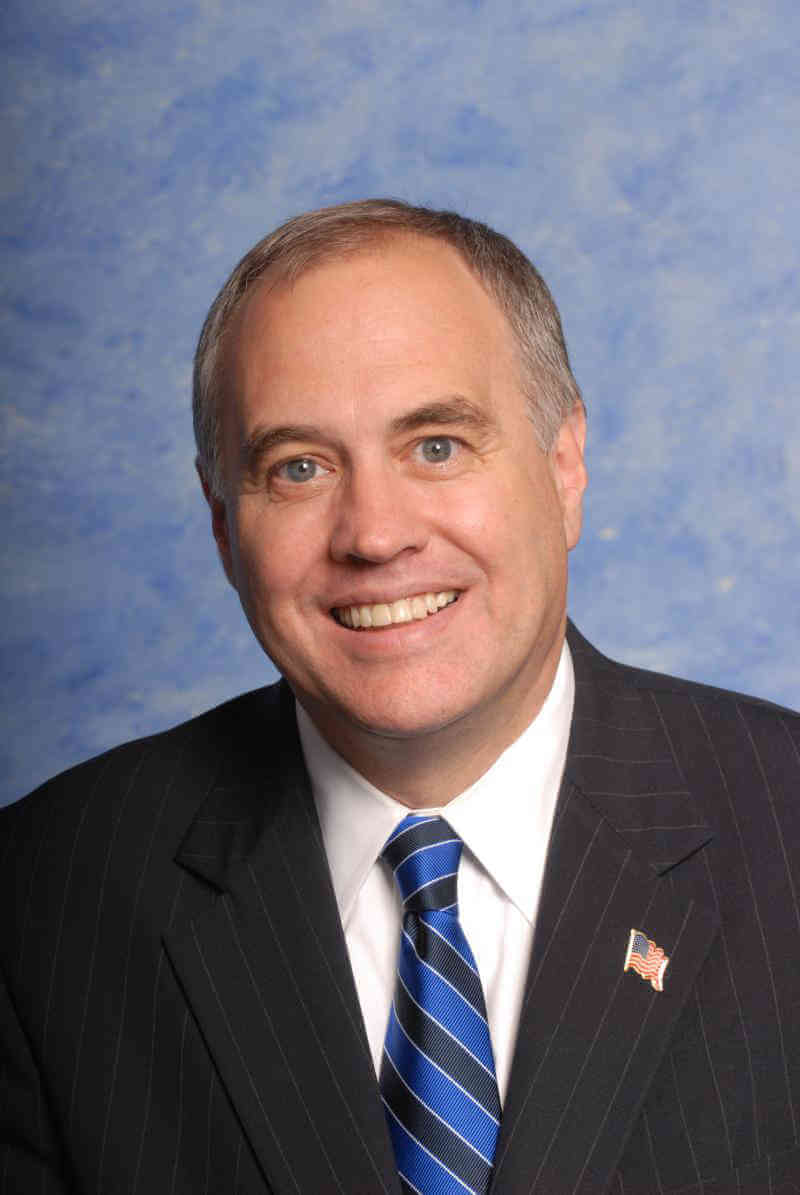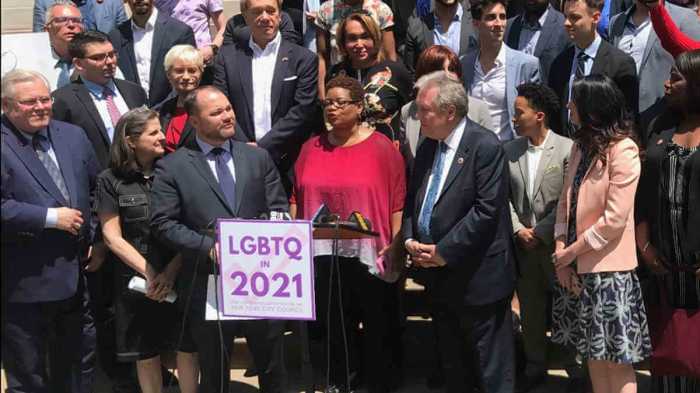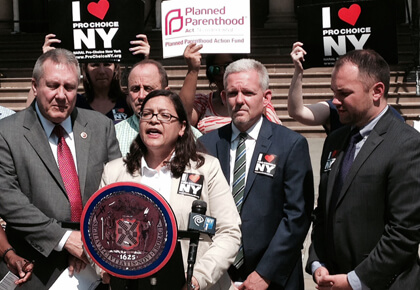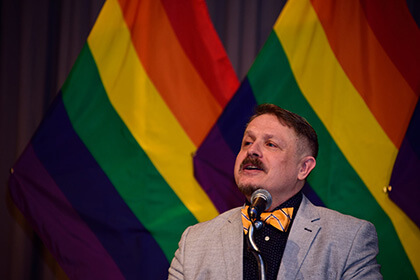Bullying in schools is chronically unreported despite state law requirements, according to a new audit by New York State Comptroller Thomas P. DiNapoli who cited “confusion” by local school officials over “what needs to be reported.”
The full audit is at tinyurl.com/yy3ojcqs.
Under the Dignity for All Students Act, passed six years ago and since enhanced, complaints of “student-to-student bullying, discrimination, and harassment in NYC schools are supposed to be reported into the DOE’s [Department of Education’s] online database within 24 hours.” Incidents deemed “material” based on “gender, race, sexual orientation, gender identity or other qualities, are to be reported annually to the State Department of Education (SED).”
Despite all these requirements, in 2015-2016 “the DOE did not report any material incidents to SED for 670 of 1,600 schools and in 2016-2017, it did not report any material incidents for 570 schools.” Despite this lack of reported incidents, students, teachers, and parents responding to the anonymous annual DOE survey for grades six to 12 say there is “significant” numbers of harassment, bullying, and intimidation incidents “most of the time” or “some of the time” — including at schools with no officially reported incidents.
DiNapoli said in his release, “Underreporting and late reporting of bullying put students at risk of further harassment.” He called on the DOE to do more as did a slew of other elected officials, including State Assemblymember Daniel O’Donnell, author of DASA, who said, “Bullying in schools is pervasive and damaging, but treatable with enough support.”
The DOE responded to the report by emphasizing its commitment to combating bullying.
“Our schools must be safe, welcoming environments for all students and we’ve already re-organized our safety office, added staff and a data tracker, and are now completing a daily review of all bullying incidents,” said Miranda Barbot, the DOE’s deputy press secretary. “We take bullying extremely seriously, and we’re investing $8 million in anti-bullying initiatives, and increasing trainings to school staff on how to report and address any allegation of bullying.”
While the audit covered July 1, 2015 through June 28, 2018, the city stepped up its anti-bullying efforts after the September 2017 classroom fight in a Bronx high school that left Matthew McCree dead, Ariane Laboy slashed, and Abel Cedeno charged with manslaughter.
Out gay City Councilmember Daniel Dromm, then chair of the Education Committee, held a day-long hearing on school bullying that October at which Carmen Fariña, who was then chancellor, announced the new initiatives. Last May, the DOE hired a Bullying Response Coordinator to manage the online Bullying Incident Form and 311 complaints and the DOE says that all of those complaints are reported. The agency has also changed its definition of bullying to align with the state’s as of the beginning of this school year.
At that hearing, Dr. Elizabethe C. Payne, director of the Queering Education Research Institute, testified, “Bullying behaviors are not anti-social but rather social acts that maintain the peer boundaries for normal and acceptable within a peer context.”
She said that “proposed solutions have failed to consider how educational institutions assume and/ or expect heterosexuality and gender conformity of all students and thus limit possibilities for exploring why LGBTQ youth are so vulnerable. Consistent intervention is critical, but it is not enough.”
Jared Fox was hired in 2016 as the DOE’s first LGBTQ liaison. The DOE says it now has 375 student-led groups such as Gender and Sexuality Alliances and Respect for All Clubs. The schools have an online training tool “available” to school staff to help them create safer and more inclusive learning environments. And the DOE claims that its Online Bullying Incident Form is sent to the complainant’s school for an investigation within five days.
Laboy and the family of McCree have filed suit against the DOE and Cedeno and are basing their claims on the lack of metal detectors in the school (Cedeno maintains he was using a knife to protect himself) and the schools’ failure to enforce DASA. In depositions early last year in those suits — obtained by Gay City News — Louna Dennis, McCree’s mother, told city lawyers that her son was not himself bullied and Laboy acknowledged that he himself was not as well. Cedeno’s defense is that he had been bullied for years — because he was perceived as gay — and snapped when it happened again in 2017.
Out gay civil rights attorney Tom Shanahan filed a federal lawsuit in December 2017 on behalf of Cedeno against the DOE and school administrators for “their history of failing to protect him from anti-gay bullying since he was in sixth grade.” Shanahan is still working to get it assigned to a federal judge.
In response to the comptroller’s audit, Shanahan said, “The problem when students report bullying as Abel and his mom did repeatedly is that it gets worse.” Cedeno, he said, was subject to retribution from other students “and he then cut out of school and ended up having to repeat a year.” He said Cedeno was denied reassignment to another school — a right every student has when the atmosphere for them becomes too toxic.
Dromm, a former teacher, said in response to the audit, “Principals don’t want to report negative things about their schools” and that accounts for the lack of reporting. He has personally urged the new chancellor, Richard Carranza, to step up “culturally responsive education” and to “say the words” when it comes to teachers talking about LGBTQ people and issues.
Shanahan said that schools should be rewarded for unearthing complaints of bullying instead of harboring fears about reporting the incidents.



































